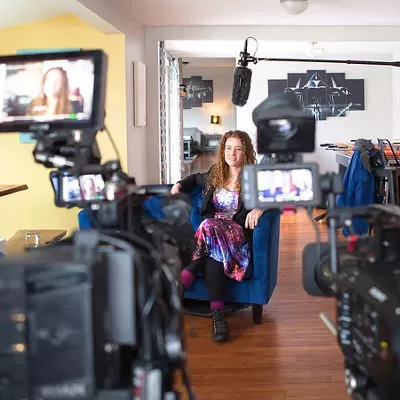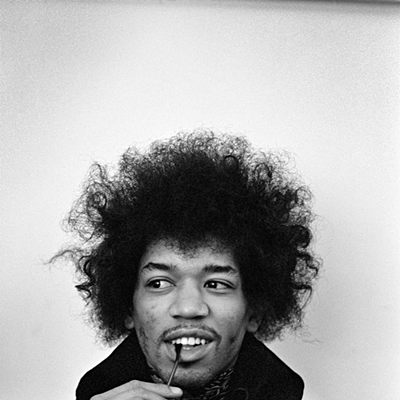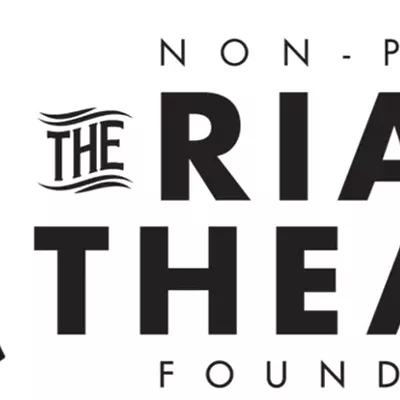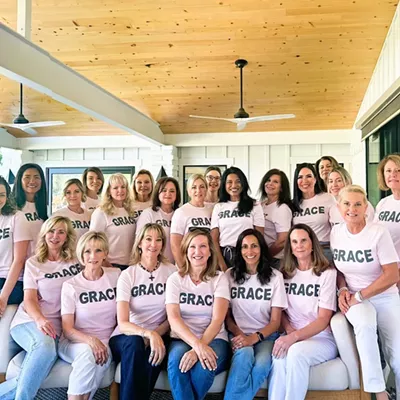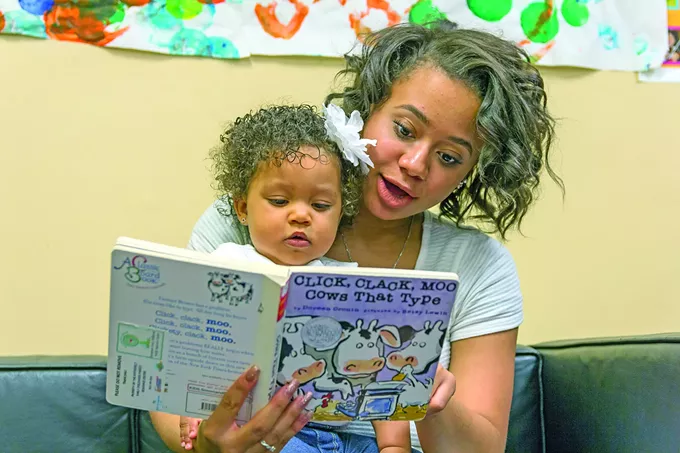
A survey produced by the Arizona-based advocacy group, Education Forward Arizona (EFA), found Arizona voters prioritize education reform over politics.
The nonprofit, nonpartisan organization promotes statewide educational advancements for all levels of education. EFA polled a group of 500 Arizona voters who would “likely” turnout to vote in the upcoming midterm elections.
The study group consisted of a balanced variety of people who were asked open-ended questions about what they felt were the biggest issues facing education.
EFA sourced HighGround Public Affairs to facilitate the survey in May, and found that over half of Arizona voters polled are pessimistic about the state’s overall direction with education.
“Despite this overall sense of pessimism, voters want something to be done to support education,” said Rich Nickel, president and CEO of Education Forward Arizona in a statement.
Participants were asked what their primary concerns were regarding the state’s education system: 123 respondents said underpaid teachers; 120 said underfunded schools, and 70 said the lack of qualified teachers.
Only 50 out of 500 respondents had concerns about controversial subject matter such as critical race theory, gender identity and sex education.
“There are a lot of candidates talking about issues that are much lower down the priority list when it comes to what voters would like to hear,” said Paul Bentz, senior vice president of research and strategy at HighGround Public Affairs.
Other key findings include 90% of voters prioritized schools having quality teachers and principals, and 88% strongly supported students’ proficiency in math and reading by the end of third grade. K-12 funding is too low, according to 66% of voters, and they said they believed so for the last five years.
“It’s not a risky proposition to invest more money in K-12, because the voters overwhelmingly support it,” Bentz said.
Overwhelmingly, 78% of voters said they believe that teachers are underpaid and want to know more about how candidates will address educators’ pay.
The survey, which was completed before state budget discussions, showed more than 54% of voters would rather invest money into the education system instead of offering continued tax cuts to state residents.
Arizona’s public schools are grossly underfunded, the state is ranked 48th in the nation for education spending, according to a recent U.S. Census Bureau report. The 2023 Fiscal Year Executive Budget for Arizona seeks to increase investments over the course of the new fiscal year.
Voters also prefer children to have quality leaders, educators, proficiency in reading and math, and increased opportunities for career and technical education (CTE) for students.
The EFA survey expands upon research from the nonprofit, nonpartisan organization Center for the Future of Arizona’s (CFA) Arizona Voters’ Agenda’s survey of Arizona voters across the political spectrum with a history of electoral participation. The CFA survey asked what voters want from political candidates.
“When the president isn’t at the top of the ticket, voter turnout is lower,” Bentz said.
The consulting firm projects that voter turnout will be at about 60% with an older, more Republican electorate. The minority political party that is not in control overcompensates with participation in elections.
“The 2022 statewide election is consequential to Arizona’s future,” said Amanda Burke, executive vice president of CFA. “The purpose of this research is to not only create awareness but also build a positive agenda that focuses on solutions and counter the narrative of division and polarization.”
The series of open-ended questions was conducted in both English and Spanish and spanned across a variety of issues regarding policy and values concerning education, economy and inflation, water, environment, election reform and immigration.
For issues to be included on the Arizona Voter’s Agenda, at least 50% or more of the sample size had to “strongly agree.” This enabled CFA to create a nonpartisan platform with shared values.
“Arizonans want a plan,” Burke said.
Some of the overall key findings from two-thirds of the sample group said they would choose candidates based on their plans, not on factors such as political affiliation or ideology.
Voters also identified education among the top three most important issues facing the state and most important issues to discuss.
“Education is instrumental for the future success of our state,” Burke said.

